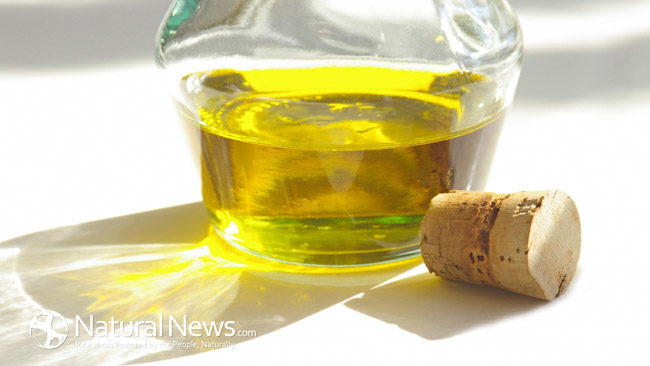Evergreen trees produce eucalyptus leaves and oil. The prime source for these trees is in Australia. They are also called fever trees, Tasmanian blue gum trees, or stringy bark trees. This product is a popular home remedy for many situations, although none of its affects have been scientifically proven. The use of eucalyptus is likely safe for most people, but possibly needs to be diluted for some users. Consulting a doctor is always recommended, especially when using for children. The following are 13 reasons this remedy might make you lucky and work at home:
1. Alleviate burns, cuts and cold sores: It acts as an antiseptic.
2. Acne: It can help clear up skin.
3. Asthma: When the oil is dropped into a diffuser and inhaled, the chemical eucalyptol might help break up mucus in people with asthma.
4. Head lice: It can help the scalp with this condition by eliminating the bugs and killing the bacteria.
5. Bronchitis: It can help prevent flare ups (by inhaling from a diffuser).
6. Bad breath, gingivitis, and plaque: Chewing gum with eucalyptus extract can help.
7. Clear your sinuses: The airways can open up after inhaling from a diffuser.
8. Treatment for flu, fever, runny nose, cough, and sore throat: This is a natural medicine.
9. Dandruff and itchy scalp: It helps clear up the bacteria on the scalp.
10. Stress relief: It can be calming when inhaled through a vaper.
11. Relieve muscle pain: It works as an anti-inflammatory for soreness.
12. Air freshener, aromatherapy, diffuser: It has a refreshing smell.
13. Mosquito repellent: It wards off these bugs.
Everyone had different reactions to this oil’s uses. When taken in large doses, it can be toxic. It often times is mixed with other essential oils as a compliment to their uses. Because it is likely safe under most circumstances, it is a trick to try especially when a common cold hits, a burn accident happens, or cut on the skin is lingering you want to make go away quickly, inexpensively, and as easy as possible.
https://www.ncbi.nlm.nih.gov/books/NBK65874/
https://www.ncbi.nlm.nih.gov/pubmed/20359267/








